Ignore these signs, and you could be risking your happiness and emotional well-being as you age.

You might not see it coming, but aging as an introvert can bring challenges that sneak up on you. What used to feel like healthy solitude can slowly morph into isolation. Your go-to habits for recharging might stop working, and without even realizing it, your emotional landscape starts to shift. It’s not always obvious when something’s wrong, especially when you’re naturally wired to enjoy being alone.
But emotional well-being isn’t just about avoiding people—it’s about staying connected to yourself and maintaining a sense of peace, balance, and purpose. When subtle signs start to appear, it’s easy to shrug them off as just part of getting older. Still, ignoring them can chip away at your happiness and make life feel heavier than it needs to be.
1. You’re Starting to Dread Social Gatherings More Than Ever

What used to be a mild reluctance has now turned into full-blown dread. You might find yourself saying no to invitations without even considering them. Even small gatherings that once felt manageable—like a birthday dinner or coffee with an old friend—begin to feel like emotional marathons. It’s not just about needing time alone anymore; it’s about fearing the effort it takes to show up and engage.
That dread can grow so quietly that you don’t notice how long it’s been since you’ve had meaningful connection. Left unchecked, it becomes easier to withdraw further, deepening feelings of isolation. Social fatigue is real, especially for introverts, but chronic avoidance often signals that your emotional reserves are running on empty, as mentioned by Geraldine Orentas at Psych Central.
2. Your Alone Time Feels Less Fulfilling Lately
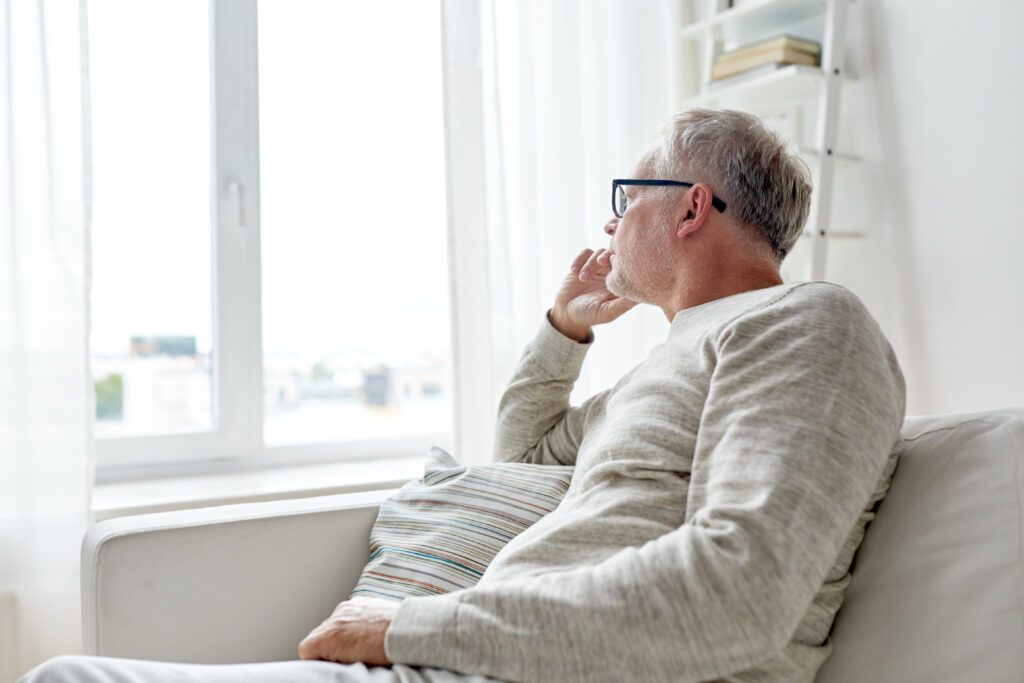
You used to look forward to long stretches of quiet—reading a book, listening to music, journaling, or simply sitting in silence, according to Kiara Elliott of Tiny Buddha. But now, those same moments feel flat, dull, or even unsettling. It’s as if the peace you once found in solitude has faded, leaving behind restlessness or numbness.
This shift can signal a deeper emotional need that isn’t being met. Sometimes it means you’re no longer connecting with yourself in a meaningful way. Other times, it’s a sign that loneliness is masquerading as solitude. When alone time no longer recharges you, it might be time to ask what you’re avoiding—and what you’re really longing for.
3. You Find Yourself Easily Overwhelmed by Daily Life

Tasks that used to be simple now feel oddly complicated. Running errands, responding to emails, or even making a grocery list starts to feel like too much. The emotional bandwidth just isn’t there. You might feel edgy, foggy, or like the smallest inconvenience can throw off your entire day.
For introverts, mental clutter builds fast when your quiet time isn’t restorative. Add aging into the mix—along with its physical changes and emotional transitions—and you’ve got a recipe for burnout. If your threshold for stress keeps shrinking, it’s likely your mental health is asking for attention, not just another break, experts at HealthDirect reported.
4. You’re Becoming Increasingly Irritated with Other People
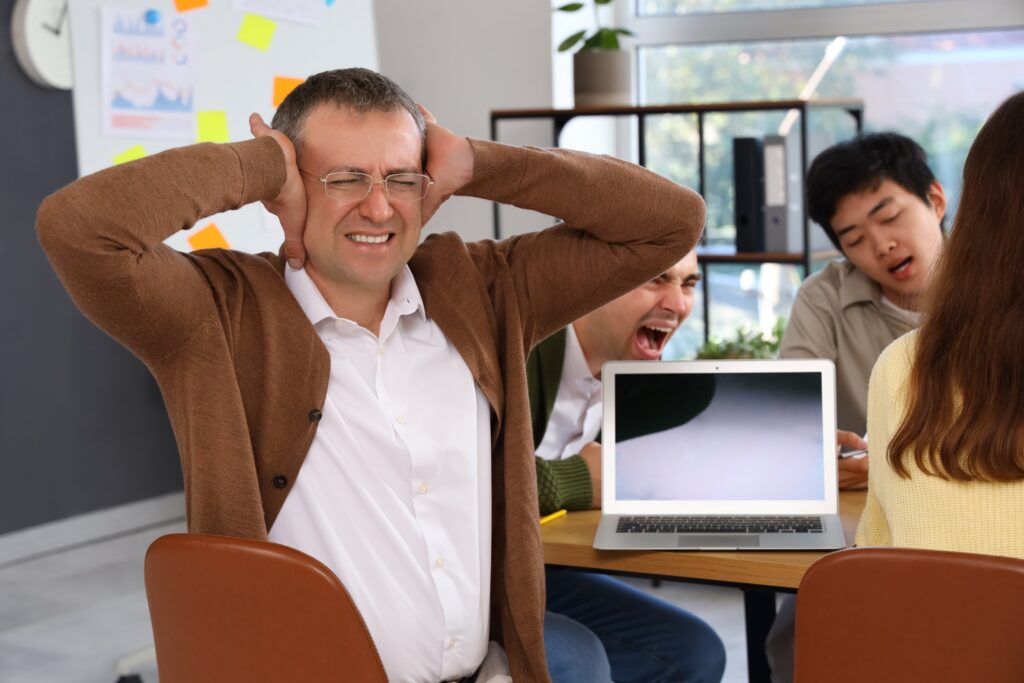
You’re noticing things you used to shrug off now make your skin crawl. A friend’s constant chatter, a partner’s repetitive habits, or a neighbor’s small talk might suddenly feel unbearable. It’s more than just being “peopled out”—it’s a kind of raw sensitivity that leaves you emotionally frayed.
This irritability is often a sign that your emotional boundaries have been compromised or neglected. As introverts, we rely heavily on internal stability, but when our space feels invaded too often—or we’re not replenishing ourselves enough—that agitation starts bubbling to the surface. You’re not just annoyed; you’re emotionally depleted.
5. Your Sleep Has Become Disturbed and Restless
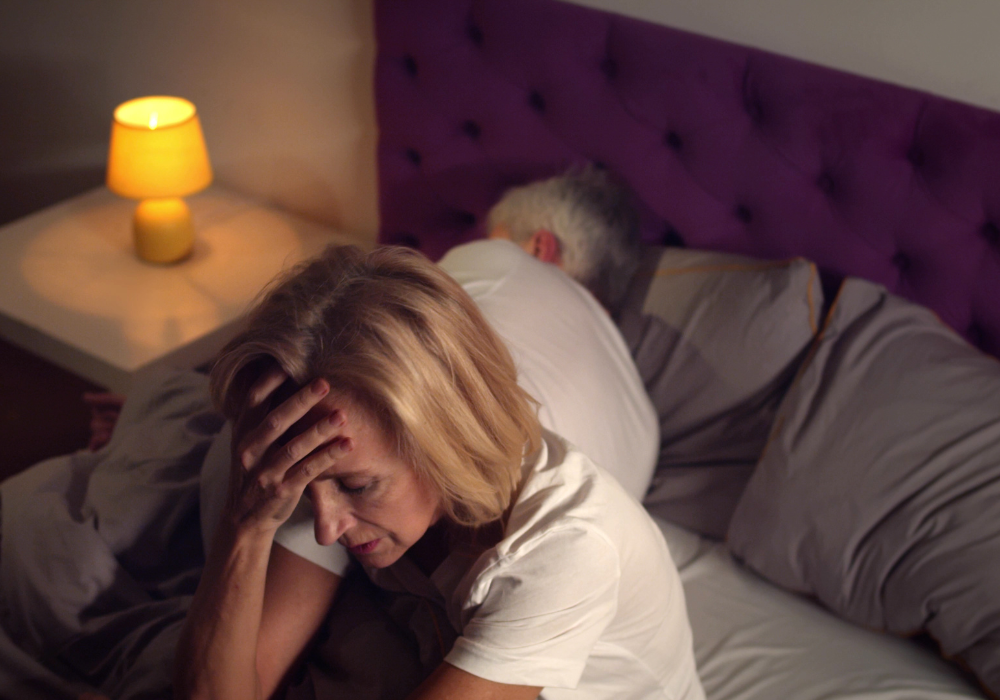
You lie in bed with your mind racing. Or you fall asleep only to wake up an hour later, restless and anxious for no clear reason. Even when you do get a full night of sleep, you wake up tired, like you haven’t actually rested. Sleep used to be your sanctuary—now it’s just another struggle.
When you’re mentally or emotionally taxed, the first thing to suffer is often your sleep. For introverts, it’s especially important because it helps you process overstimulation. If sleep becomes elusive, your resilience starts to erode, and you lose the ability to manage even small stressors. Poor sleep isn’t just a physical issue—it’s a flag that your mind isn’t at peace.
6. You Feel a Growing Sense of Loneliness Even When You’re Alone
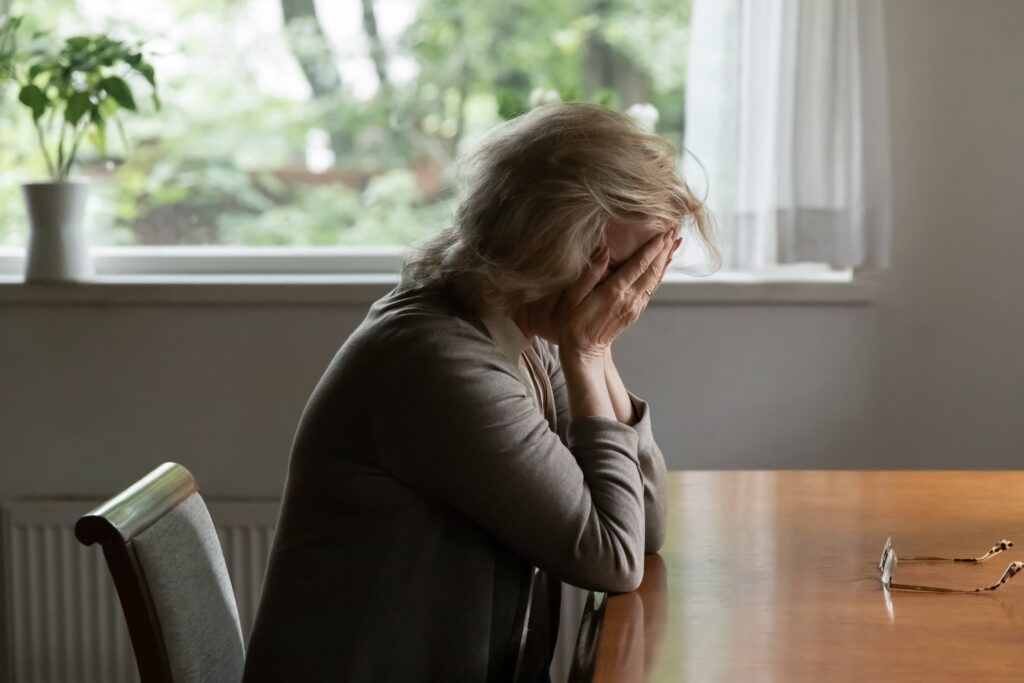
There was a time when you could sit alone for hours and feel completely content. But lately, being alone feels heavier—like you’re missing something you can’t name. You might catch yourself feeling invisible or disconnected, even in the comfort of your own space.
That ache isn’t just about being alone—it’s about not being seen. Emotional loneliness can show up even when you’re not physically isolated. It’s a quiet ache that whispers, No one really knows what I’m going through. When that feeling creeps in and lingers, it can deeply affect your well-being if not acknowledged.
7. You’re Becoming Less Interested in Your Hobbies and Passions

The activities that once lit you up now feel like chores. You might start skipping your daily walk, ignoring the half-finished painting, or avoiding your favorite puzzle or book. It’s not about time or energy anymore—it’s about desire. That inner spark just isn’t there.
For introverts, hobbies often serve as meaningful outlets—a place to channel emotion, curiosity, or creativity. So when that interest fades, it can signal something deeper at play, like emotional numbness or low-grade depression. Don’t overlook this shift. Reconnecting with what brings you joy isn’t just nice—it’s necessary.
8. You’re Overthinking the Little Things More Than You Used To

Your mind feels like a loop. A passing comment from a friend turns into an hour of replaying the conversation. A minor decision—like what to eat for dinner—feels suddenly paralyzing. The mental noise gets louder, and you can’t seem to turn it down.
This kind of persistent overthinking isn’t just an introvert trait—it can be a sign of underlying anxiety. When we bottle things up or don’t have a safe outlet for thoughts, they bounce around unchecked. As you age, if you’re not regularly expressing emotions or reflecting in a healthy way, rumination can become your default mode.
9. You’re Feeling Emotionally Drained After the Simplest Interactions
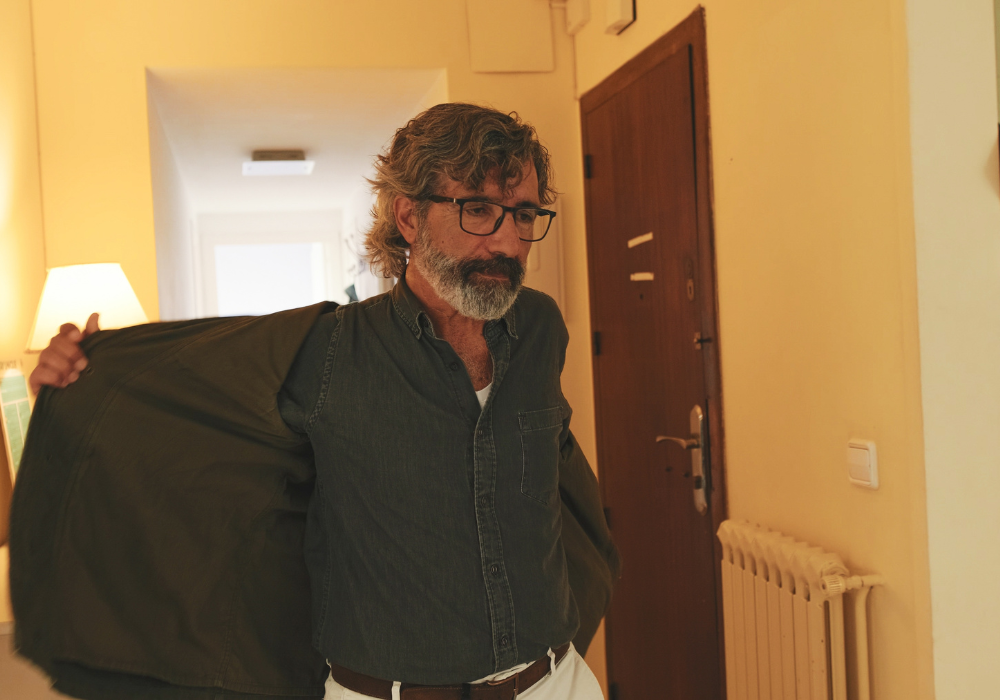
You chat briefly with a neighbor or answer a phone call, and afterward, you feel like you need an hour-long nap. Even short exchanges leave you wiped. It’s not just fatigue—it’s a kind of emotional depletion that makes you question your capacity to connect at all.
This is different from the normal energy dip introverts feel after socializing. This kind of exhaustion points to a deeper lack of emotional resilience. You might be pouring from an empty cup, which is often a result of long-term stress, unresolved emotions, or not having adequate quiet time that truly restores you.
10. You’re Finding It Harder to Trust Others as You Age

You notice yourself keeping people at a distance more than before. It’s not just cautiousness—it’s a protective instinct that feels stronger than it used to. Maybe you expect disappointment or assume people won’t understand you. So, you pull back, convinced it’s just safer that way.
This growing distrust might be rooted in past wounds, but when it intensifies, it can point to emotional fatigue. While it’s wise to guard your energy, too much self-protection can lead to isolation. Introverts need meaningful connections just as much as anyone—trust allows those connections to form and thrive.
11. You’re Experiencing a Decline in Your Sense of Purpose

There’s a subtle emptiness that’s hard to shake. Maybe you used to volunteer, create, or work on personal projects—and now, even the idea of it feels exhausting or pointless. You might be asking yourself, What’s the point? more often than you’d like.
Purpose doesn’t have to come from big achievements—it can come from tiny, daily acts that feel meaningful. But when those stop bringing satisfaction, it’s a red flag. For introverts, purpose often lives quietly within—but when that inner compass starts to flicker, it’s time to reassess your direction and find new sources of inspiration.
12. You’re Becoming Increasingly Afraid of the Future

You catch yourself worrying about things you never used to: your health, your independence, the stability of your relationships. The unknowns feel heavier than they used to. You imagine worst-case scenarios, and your anxiety builds even without clear triggers.
That fear can creep in slowly, especially if you’re spending more time alone with your thoughts. As introverts age, it becomes crucial to develop inner resources that ground you—tools for managing uncertainty, change, and loss. If fear of the future is starting to cloud your present, don’t ignore it. That emotional weight deserves your attention, and your future self will thank you for addressing it now.
